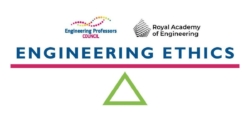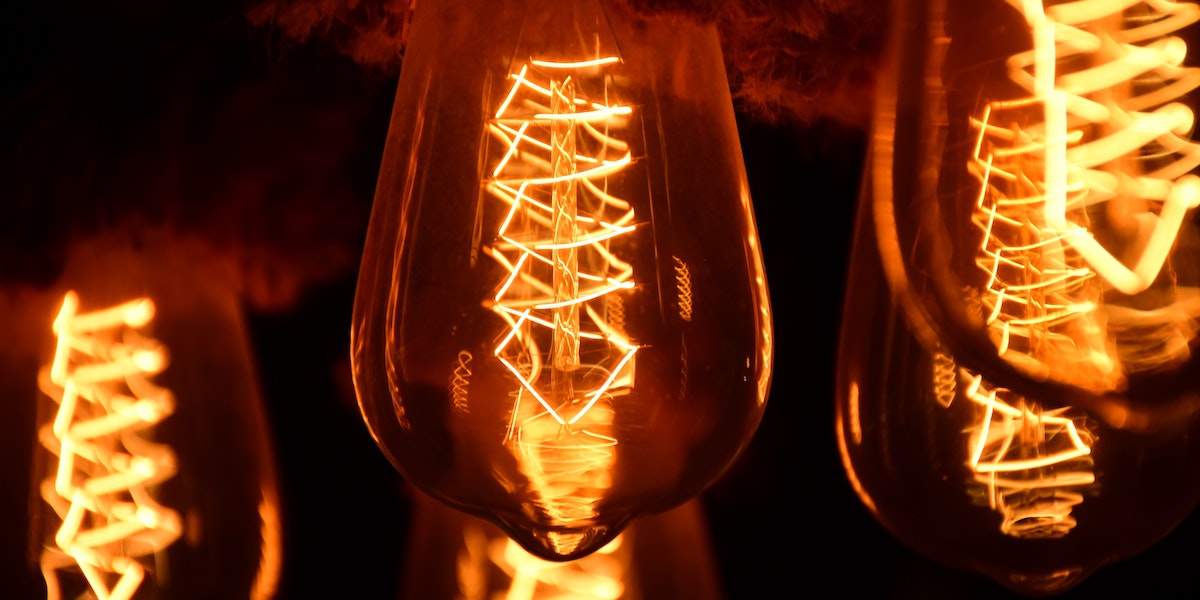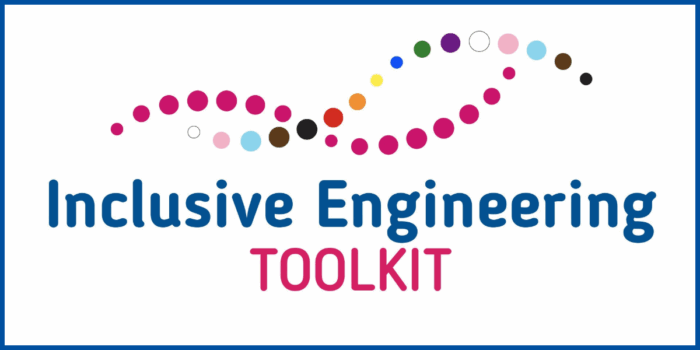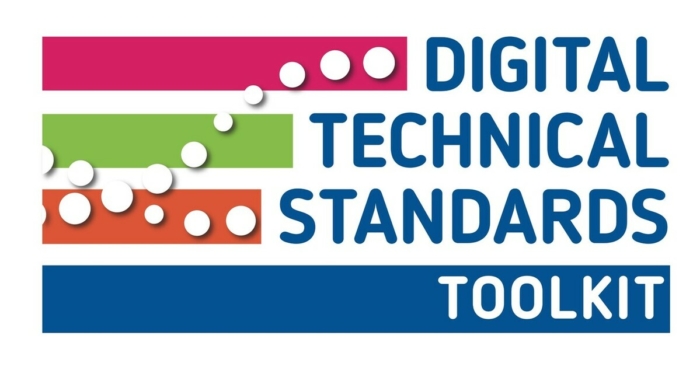 Authors: Professor Mike Sutcliffe (TEDI-London); Professor Mike Bramhall (TEDI-London); Prof Sarah Hitt SFHEA (NMITE); Johnny Rich (Engineering Professors’ Council); Professor Dawn Bonfield MBE (Aston University); Professor Chike Oduoza (University of Wolverhampton); Steven Kerry (Rolls-Royce); Isobel Grimley (Engineering Professors’ Council).
Authors: Professor Mike Sutcliffe (TEDI-London); Professor Mike Bramhall (TEDI-London); Prof Sarah Hitt SFHEA (NMITE); Johnny Rich (Engineering Professors’ Council); Professor Dawn Bonfield MBE (Aston University); Professor Chike Oduoza (University of Wolverhampton); Steven Kerry (Rolls-Royce); Isobel Grimley (Engineering Professors’ Council).
Topic: Smart meters for responsible everyday energy use.
Engineering disciplines: Electrical engineering
Ethical issues: Integrity, Transparency, Social responsibility, Respect for the environment, Respect for the law
Professional situations: Communication, Privacy, Sustainability
Educational level: Beginner
Educational aim: To encourage ethical motivation. Ethical motivation occurs when a person is moved by a moral judgement, or when a moral judgement is a spur to a course of action.
Learning and teaching notes:
This case is an example of ‘everyday ethics’. A professional engineer must give advice to a friend about whether or not they should install a smart meter. It addresses issues of ethical and environmental responsibility as well as public policy, financial burdens and data privacy. The case helps to uncover values that underlie assumptions that people hold about the environment and its connection to human life and services. It also highlights the way that those values inform everyday decision-making.
This case study addresses two of AHEP 4’s themes: The Engineer and Society (acknowledging that engineering activity can have a significant societal impact) and Engineering Practice (the practical application of engineering concepts, tools and professional skills). To map this case study to AHEP outcomes specific to a programme under these themes, access AHEP 4 here and navigate to pages 30-31 and 35-37.
The dilemma in this case is presented in three parts that build in complexity. If desired, a teacher can use Part one in isolation, but Part two and Part three develops and complicates the concepts presented in Part one in order to provide additional learning. The case allows teachers the opportunity to stop at various points to pose questions and/or set activities.
Learners have the opportunity to:
- reflect on the norms, codes, and virtues inherent in everyday ethics;
- consider how they would act in an ethical situation;
- weigh burdens and benefits of an ethical choice;
- explore technical aspects of smart meter function and data;
- examine industry and policy perspectives on responsible energy.
Teachers have the opportunity to:
- introduce aspects of professional responsibility;
- integrate technical content about energy and / or smart meters;
- address approaches to resolve interpersonal conflict;
- informally evaluate students’ research and / or critical thinking skills.
Learning and teaching resources:
- RAEng/Engineering Council Statement of Ethical Principles
- Smart meters explained
- Getting a smart meter
- Smart meter rollout: Energy suppliers’ rollout delivery – open letter March 2021
- Why do customers still mistrust smart meters?
- Mean or green: Which values can promote stable pro-environmental behavior?
- Everyday ethics
- Values Activity
- Engineering in policy
Summary – Part one:
Sam and Alex have been friends since childhood. As they have grown older, they have discovered that they hold very different political and social beliefs, but they never let these differences of opinion get in the way of a long and important friendship. In fact, they often test their own ideas against each other in bantering sessions, knowing that they are built on a foundation of respect.
Sam works as an accountant and Alex has become an environmental engineer. Perhaps naturally, Alex often asks Sam for financial advice, while Sam depends on Alex for expert information related to sustainability and the environment. One day, knowing that Alex is knowledgeable about the renewable energy industry and very conscious of the impact of energy use at home, Sam messages Alex to say he is getting pressure from his energy company to install a smart meter.
Sam has been told that smart metering is free, brings immediate benefits to customers by helping them to take control of their energy usage, and is a key enabler for the transition away from fossil fuels use and towards the delivery of net zero emissions by 2050. Smart meters give consumers near real-time information on energy use, and the associated cost, enabling them to better manage their energy use, save money and reduce emissions. A further benefit is that they could charge their electric car far more cheaply using a smart meter on an overnight tariff.
Yet Sam has also read that smart meters ‘go dumb’ if customers switch providers and, as a pre-payment customer, this option may not be available with a smart meter. In addition, Sam suspects that despite claims that the smart meter roll out is free, the charge is simply being passed on to customers through their energy bills instead. Alex tries to give Sam as much good information as possible, but the conversation ends with the decision unresolved.
Optional STOP for questions and activities:
1. Discussion and activity: Personal values – We know that Sam and Alex have different ideas and opinions about many things. This probably stems from a difference in how they prioritise values. For instance, valuing transparency over efficiency, or sustainability over convenience. Using this values activity as a prompt, what personal values might be competing in this particular case?
2. Discussion and activity: Everyday ethics – Consider what values are involved in your everyday choices, decisions, and actions. Write a reflective essay on three events in the past week that, upon further analysis, have ethical components.
3. Discussion: Professional values – Does Alex, as an environmental engineer, have a responsibility to advocate installing smart meters? If so, does he have more responsibility than a non-engineer to advocate for this action? Why, or why not?
4. Discussion: Wider impact – Are there broader ethical issues at stake here?
5. Activity: Role-play a conversation between Sam and Alex that includes what advice should be given and what the response might be.
Dilemma – Part two:
After getting more technical information from Alex, Sam realises that, with a smart meter, data on the household’s energy usage would be collected every 30 minutes. This is something they had not anticipated, and they ask a number of questions about the implications of this. Furthermore, while Sam has already compared tariffs and costs as the main way to choose the energy provider, Alex points out that different providers use different energy sources such as wind, gas, nuclear, coal, and solar. Sam is on a tight budget but Alex explains that the cheaper solution is not necessarily the most environmentally responsible choice. Sam is frustrated: now there is something else to consider besides whether or not to install the smart meter.
Optional STOP for questions and activities:
1. Activity: Technical integration – Undertake an electrical engineering technical activity related to smart meters and the data that they collect.
2. Activity: Research what happens with the data collected by a smart meter. Who can access this data and how is privacy protected? How does this data inform progress towards the energy transition from fossil fuels?
3. Activity: Research different energy companies and their approach to responsible energy sourcing and use. How do these companies communicate that approach to the public? Which company would you recommend to your friend and why?
4. Activity: Cost-benefit analysis – Sometimes the ethical choice is the more expensive choice. How do you balance short- and long-term benefits in this case? When, if ever, would it be ethically right to choose energy from non-renewable sources? How would this choice differ if the context being considered was different? For example, students could think about responsible energy use in industrialised economies versus the developing world and energy justice.
Dilemma – Part three:
Following this exchange with Sam, Alex becomes aware that one of the main obstacles in energy transition concerns communication with the public. Ideally, Alex wants to persuade family and other friends to make more responsible choices; however, it is clear that there are many more factors involved than can be seen in one glance. This includes what kinds of pressure is put on consumers by companies and the government. Alex begins to reflect on how policy drives what engineers think and do, and joins a new government network on Engineering in Policy.
Alex and Sam meet up a little while later, and Sam announces that yes, a smart meter has been installed. At first Alex is relieved, but then Sam lets it slip that they are planning to grow marijuana in their London home. Sam asks whether this spike in energy use will be picked up as abnormal by a smart meter and whether this would lead to them being found out.
Optional STOP for questions and activities:
1. Discussion: Personal values – What are the ethics involved in trying to persuade others to make similar choices to you?
2. Discussion and activity: Legal responsibility – What should Alex say or do about Sam’s disclosure? Role-play a conversation between Sam and Alex.
3. Discussion: Professional responsibility – What role should engineers play in setting and developing public policy on energy?
4. Activity: Energy footprint – Research which industries use the most energy and, on a smaller scale, which home appliances use the most energy.
Enhancements:
An enhancement for this case study can be found here.
This work is licensed under a Creative Commons Attribution-ShareAlike 4.0 International License.
Any views, thoughts, and opinions expressed herein are solely that of the author(s) and do not necessarily reflect the views, opinions, policies, or position of the Engineering Professors’ Council or the Toolkit sponsors and supporters.




